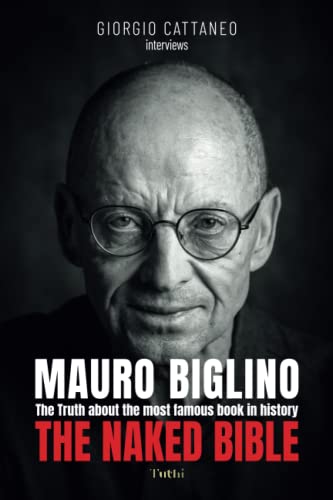Jimmy Higgins
Contributor
- Joined
- Jan 31, 2001
- Messages
- 50,774
- Basic Beliefs
- Calvinistic Atheist
I didn't realize I hadn't posted in here. The Tao Te Ching was huge for me. It provided me a philosophical compass late in my days of High School. Already an atheist, I really didn't have much else to go off of. I wasn't lacking, but there was some sort of void. I didn't need religion to live, but knowing how to approach the world isn't a bad thing either.Tao Te Ching
The Tao Te Ching was introduced to me in World Lit, and I absorbed that thing. Rare book that I had to read... yes, I know it isn't much of a book, but my interest in it was intense. Oddly enough, we were given four of the items from the Tao Te Ching while also reading Jonathon Livingstone Seagull... which was the dumbest fucking book ever! I plowed straight through that, though we were supposed to be reading as a class, so I could snag the Tao Te Ching from the teacher's desk and read that instead. The Tao Te Ching helps provide an understanding on how to see and interpret information, how to value what is before you, understand why something is as it is. In the end, I found it a bit too laissez faire, but it was an important start. Coupled with Siddhartha in the same class, my understanding of how some cultures could view the universe and humanity was expanded greatly. It was unique how gender, wealth, status could be removed to expose simple truths and reality.
Ironically an English class had a huge impact on my philosophical world views, despite me hating English with all my heart.

